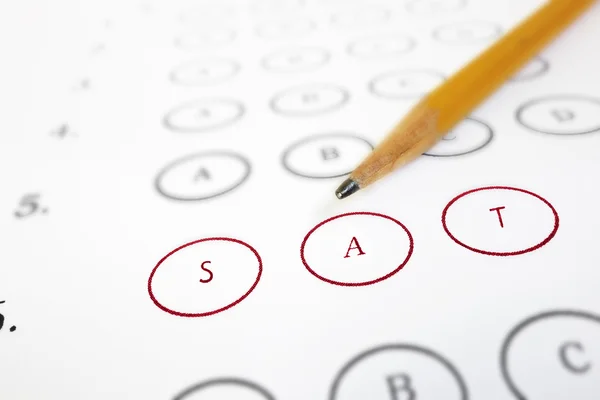AP/NJSLA Testing

‘Tis the season for AP and NJSLA testing. Students are hoping to earn a high mark in order to receive college credit for their hard work all year. Senior Grace Weaver has taken three AP exams this year including the AP Literature, Calculus AB, and AP Biology exams. Weaver has a great strategy when it comes to studying, she explains, “[I] approach things I don’t know first and I usually do that by reviewing my notes or watching videos on that subject.” She also remarks, “one of [my] biggest strengths is the multiple-choice questions and the free-response questions are more difficult.” She also times herself while completing FRQs to see how many she can do. Until she is comfortable with the material, she studies on her own then later branches out to study with friends. As stated by Weaver, “discussion is the best form of studying.”
For those who have never taken an AP Exam or course, the Advanced Placement (AP) Exam is a standardized test designed to assess how well you have mastered the collegiate-level material. If you pass the exam with a score of three or higher, you can earn college credit for a majority of the colleges and universities in the United States.
“AP Exams are hard, [because you are trying] to learn material at a college level. NJSLA is more general learning,” Weaver explains, “AP Exams have extra pressure because if you do well you can get college credit.” Contrary to AP testing, the NJSLA or the New Jersey Student Learning Assessment is a statewide standardized test administered to elementary, middle, and high school students. Subjects for the test include English, Math, and Science, while the AP exams are based on college material outside of the four core subjects.
AP Exams are graded on a number scale of 1 to 5. According to Weaver, “5 is above and beyond, 4 you have a very good understanding at this subject and you can potentially get college credit, 3 passing but most colleges offer no credit, and a score of 2 and 1 are not passing and definitely not getting credit”. The NJSLA testing is graded on a similar scale, but instead of a scale of 1 to 5, it’s a 1 to 4 scale. Students who scale in the 3 to 4 range are considered proficient or above proficient, however, students who fall within the 1 to 2 range may need additional support in the targeted area.




